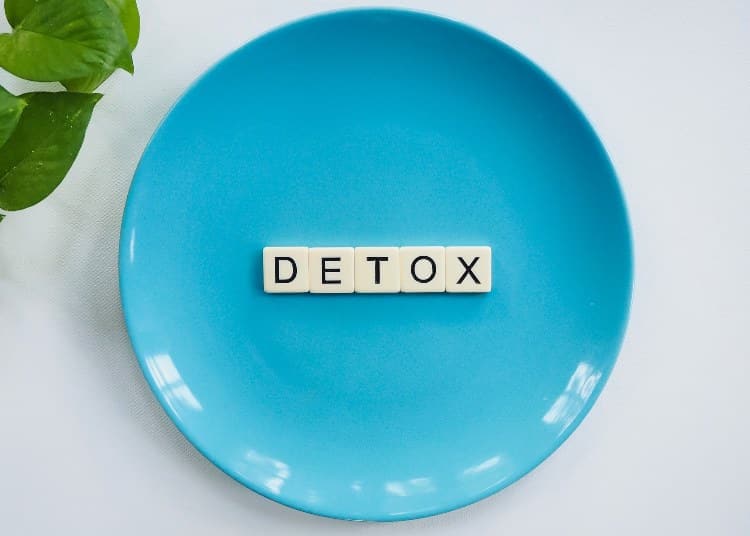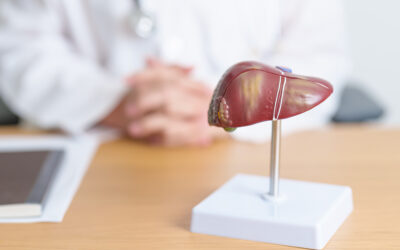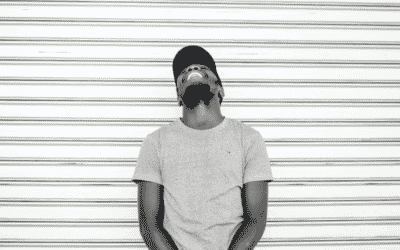Alcohol Rehab
Call Now
San Diego Alcohol Rehab
At our San Diego addiction treatment center, we know that this is not the case. We show our clients that living a life in recovery from alcoholism is by far more fulfilling than a person who is active in their addiction could possibly imagine. Our expert staff can show you how to have fun without alcohol. We believe that without the crutch of alcohol, our clients can soar.
We get to the root causes of why a person began drinking excessively. By examining the issues that the alcoholic sought to overcome with alcohol we can introduce healthy alternatives. At our alcohol rehab, we teach our clients how to use coping skills and supportive communities to help them deal with cravings and learn to live a Healthy Life.
Alcoholism
Many people who struggle with alcohol addiction are hesitant to get help. They worry that admitting that they struggle with alcohol or entering an alcohol rehab will force them to change their lifestyle. Most people are unwilling to give up their coping mechanisms for dealing with day-to-day stress, disappointment, and depression.
Unfortunately, this unwillingness to seek help at an alcohol rehab is what leads alcoholics to stay stuck in the spiral of addiction. There is no cure for Alcoholism, but there is a solution.

Alcohol Addiction Treatment
To effectively treat alcohol addiction, a variety of treatments should be utilized. The most successful treatments in alcohol rehab incorporate psychotherapy, support groups, and medication.

Psychotherapy in Alcohol Rehab
A lot of people relapse after a thirty-day treatment program because they were able to become physically sober when imbibing alcohol wasn’t an option. But as soon as they were released back into their old environment, they found the urge to drink was just as strong as ever.
Relapse-prone alcoholics need to learn to moderate their expectations on life in order not to become frustrated and stressed out when things don’t go their way. An alcohol rehab helps to address the issues that those who struggle with addiction have. By delving into the deep dissatisfaction with life that typically accompanies alcoholism, an alcoholic can take steps to be more at ease with their environment and those around them.
Support Groups for Alcoholism
Many people are aware of organizations like Alcoholics Anonymous, but other groups have cropped up to offer new options for people looking for other ways to surround themselves with a support system. Groups like SMART Recovery and Secular Organizations for Sobriety (SOS) offer support groups that aren’t as focused on spirituality.


Medication for Alcoholism
Naltrexone was created to black the opioid receptors in a person’s brain so that they wouldn’t experience a euphoric ‘high’ from taking prescription opiates and heroin. It was later discovered that the medication was also useful in counteracting an alcoholic’s cravings for alcohol. It has been proven to help people drink less or quit drinking entirely. It is also available in the form of a long-lasting injection called Vivitrol that allows the medication to stay in a user’s bloodstream without the need for daily oral dosages.
Alcohol Detox
Alcohol withdrawal symptoms can range from uncomfortable to dangerous. Some mild symptoms include sweating, headaches, and shaky hands. Others are more extreme like nausea, vomiting, and insomnia. But the far end of the spectrum includes seizures, panic attacks, and nightmarish delusions.
A person’s blood pressure and heart rate will also typically raise during the detox process, which can lead to complications. Because a person will likely experience some range of these symptoms, depending on the extent of their addiction. A professional medical detox is always recommended.


Inpatient Alcohol Rehab
Alcohol treatment at an residential treatment center involves 24/7 care while staying on site. Treatment typically lasts about 30 days and further care can be provided at an outpatient alcohol rehab center.
Outpatient Alcoholism Treatment
Healthy Life Recovery’s intensive outpatient program (IOP) provide structure and support for people stepping down from an inpatient rehab. During the outpatient process, our clients will be able to work through their experience with Post-Acute Withdrawal Symptoms (PAWS) and get support from psychological professions for any issues that they may encounter in early sobriety.

Think you may have an issue with alcohol?
Alcohol-Related Blogs
Early Signs of Liver Damage from Alcohol
The liver, a vital organ in the human body, plays a crucial role in maintaining overall health and well-being. It is responsible for essential functions such as detoxifying harmful substances, aiding digestion, and regulating metabolism. This makes the liver a key...
Muscle Pain from Drinking
Are you experiencing Muscle Pain from Drinking? Alcohol is a toxin that can have both short-term and long-term effects on your muscles.
Ways to Boost Serotonin Without Medication
Boosting serotonin without medication is possible with several activities. Learning how to boost serotonin naturally can help with overall mental health.

Medically Reviewed By:
Dr. Sanjai Thankachen
Dr. Sanjai Thankachen graduated from Adichunchanagiri Institute of Medicine in 2000. He completed his residency in psychiatry in 2008 at Creedmoor Psychiatric Center in New York. Dr. Thankachen is currently working with Pacific Neuropsychiatric Specialists in an outpatient practice, as well as working at multiple in-patient psychiatric and medical units bringing his patients the most advanced healthcare treatment in psychiatry. Dr. Thankachen sees patients with an array of disorders, including depression, bipolar illness, schizophrenia, anxiety, and dementia-related problems.

Edited for Clinical Accuracy By:
Sean Leonard, Psychiatric Nurse Practitioner
Sean Leonard is a board-certified psychiatric nurse practitioner. He received his master’s degree in adult geriatric primary care nurse practitioner from Walden University and a second postmaster specialty in psychiatry mental health nurse practitioner from Rocky Mountain University. Sean has experience working in various diverse settings, including an outpatient clinic, inpatient detox and rehab, psychiatric emergency, and dual diagnosis programs. His specialty areas include substance abuse, depression, anxiety, mood disorders, PTSD, ADHD, and OCD.



